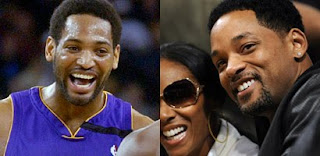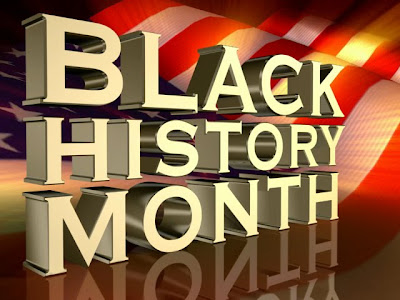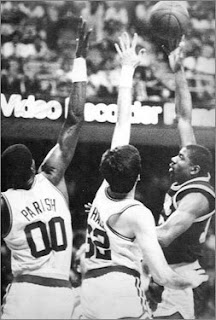 "We wanted it really bad, and as the leader I had to come out here and give it my best. Somehow I found the energy." - Michael Jordan
"We wanted it really bad, and as the leader I had to come out here and give it my best. Somehow I found the energy." - Michael JordanSomehow. Someway. The line, "impossible is nothing" quickly comes to mind.
Three words tell the entire story. Jordan, flu, game.
At the time it was the greatest athletic performance I'd ever seen. Currently, it safely resides in the top three.
The year was 1997, and the setting was Salt Lake City, Utah for Game Five of the 1997 NBA Finals. Led by John Stockton and Karl Malone, the Utah Jazz were in the NBA Finals for the first time and looking to prevent Michael and the Chicago Bulls from winning their second consecutive championship, and fifth overall.
As always is the case when a best-of-seven series is tied after four games, the fifth is absolutely critical. It's as close to a must-win without actually being a must-win as you can get.
Personally as a big Bulls fan, I never sweated during their first four championships. I had no reason to. During the 1991-93 stretch, I was too young to realize that sometimes the best teams don't HAVE to win it all. In 1996 I knew I was watching the greatest team ever (72 wins). But one year later, I was nervous.
That nervousness quickly became paranoia when I heard Michael was sick. When sick became ill, I almost lost hope. Word was that Mike had a stomach virus, wasn't able to eat or drink anything, and even had an IV hooked up to give his bodies fluids. His status for Game Five was uncertain.
But then, the game started. And well, I'll let the videos tell you the story.
Whenever I get a migraine headache there are times when I can't do anything but sleep. Being sick hampers our lives. It affects everything we do. For Jordan to be able to not only function, but thrive at the highest of levels is nothing short of extraordinary. He scored 38 points, including the game-winning three pointer with less than 30 seconds remaining.
He had every excuse to fail, but he chose to succeed.
The image that will never escape me is when Scottie Pippen is almost physically carrying Jordan back to the sidelines during a timeout. It shows just how much Jordan gave ... everything.
It's inspiring, it's memorable, and yet it's just the 18th greatest black sports moment of the past 23 years.
Hint for #17: Not only was he an incredible athlete, but he was also responsible for one of the greatest video-games of the mid-90s.
Until next time, "read it, roll it, hole it."






















